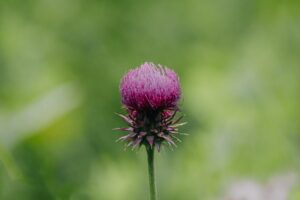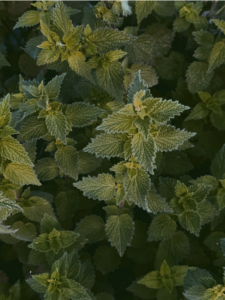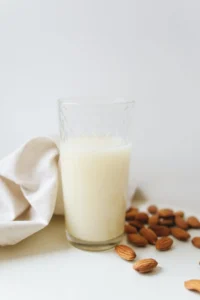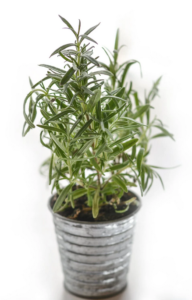We have covered the wonders of various organic herbs such as dandelion and milk thistle before. Today we bring yet another wonder herb that is, Chinese Licorice Root. This herbaceous plant has found its way into various medicinal and culinary applications as we will see in this article.
Historical and Origins

Chinese Licorice Root is scientifically known as Glycyrrhiza uralensis or Gancao. As you might have guessed by now, it has been a staple in traditional Chinese medicine for centuries. Its use can be traced back to ancient times in China, where it was prized for its medicinal properties. Traditional Chinese medicine values this root for its ability to harmonize various herbal formulations thus enhancing their efficacy.
Key Compounds
One of the key compounds in Chinese Licorice roots is glycyrrhizin, which is responsible for the sweet flavor of the root. This compound has been researched for its anti-inflammatory and antiviral properties. Thus this might be the reason why it has been used as an herbal medicine for centuries.
Health Benefits

Gastrointestinal Health
One of the well-known applications of licorice root is fixing gastrointestinal health. Because of its anti-inflammatory properties, it may help alleviate symptoms of indigestion, bloating, as well as heartburn. Additionally, it might also support the overall health of the gastrointestinal tract.
Respiratory Support
Other than gut health, traditional Chinese medicine also uses Chinese Licorice root for respiratory wellness. It has been a well-known remedy for sore throat, cough, and bronchitis.
Adrenal Support
It is also recognized for its adaptogenic qualities thus managing your stress. They do so by regulating the adrenal gland. A balanced cortisol level helps you feel less stressed and less fatigued.
Hormonal Balance
It has also been used to address hormonal issues, especially in women. It is believed to help regulate estrogen levels, thereby alleviating symptoms associated with menstruation and menopause.
Skincare Applications

As we discussed earlier, Chinese licorice root has glycyrrhizin and other active compounds that have anti-bacterial and anti-inflammatory functions. Because of this, it also works well against skin conditions such as acne and eczema. It is often included in topical formulations to soothe irritated skin and reduce redness thus contributing to a healthier complexion.
Culinary Uses

Beyond its medicinal applications, Chinese Licorice Root has made its way into the culinary world. Its sweet undertones are utilized in some traditional Chinese dishes and desserts, imparting a unique flavor profile. Some of the well-known applications include licorice root tea, licorice root soup, and so on.
Cautionary Notes
While Chinese Licorice Root offers numerous benefits, it is essential to consume it in moderation. Excessive intake may lead to issues such as hypertension and potassium imbalance. Pregnant women and individuals with certain medical conditions should consult with healthcare professionals before incorporating it into their routine.
Conclusion
Licorice Root has a rich history and is well-known in Chinese medicine. As with any herbal remedy, make sure to consult your health provider before incorporating it into your regime. With so much to offer this herb serves as proof that our nature has no dearth of value-providing herbs, and should further bolden our resolve to protect the environment.





